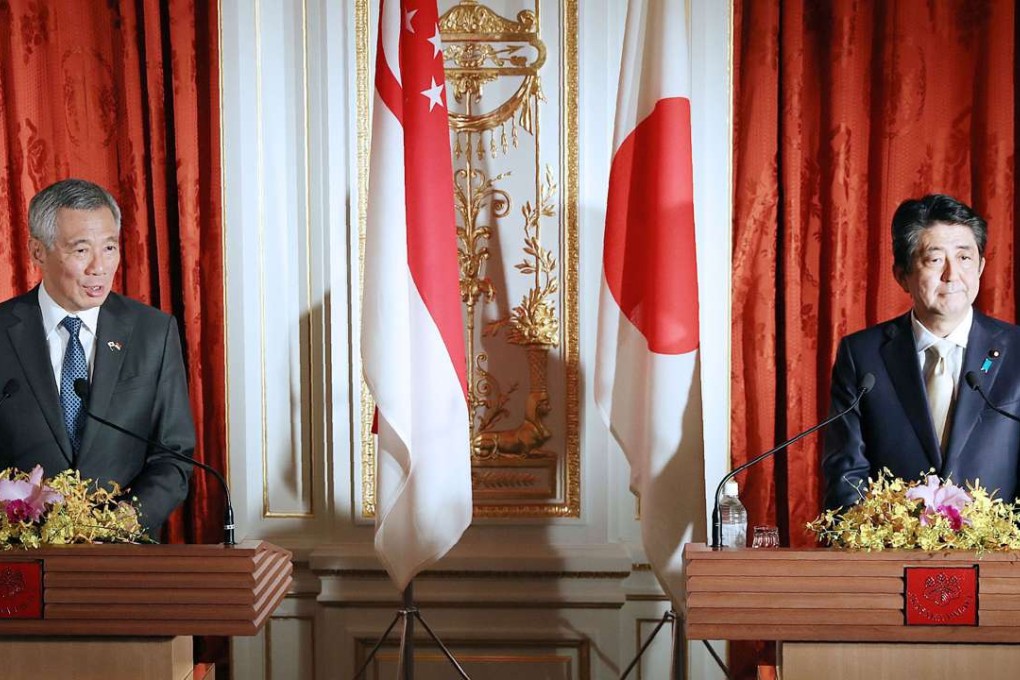Troubled waters: Beijing’s ‘anger’ lurks beneath surface of Singapore-Global Times South China Sea row
Public spat between Singapore’s ambassador and tabloid highlights Beijing’s disappointment with city state over maritime dispute, analysts say

A surprise war of words between Singapore’s ambassador to China and the editor-in-chief of a nationalistic Chinese tabloid over a report on the city state’s stand on the South China Sea underscored Beijing’s deep disappointment towards Singapore on the maritime issue, Chinese analysts said on Thursday.
The row erupted after Global Times ran a story last week claiming that Singapore insisted on including content that endorsed the Philippines’ position on an international arbitration ruling on claims to the South China Sea in the final document of the Summit of the Non-Aligned Movement (NAM) in Venezuela earlier this month.
The report in the English-language newspaper affiliated with Communist Party mouthpiece People’s Daily prompted Singapore’s ambassador to China, Stanley Loh, to issue two open letters this week to the tabloid’s editor-in-chief Hu Xijin.
Loh said the report’s suggestion that Singapore was seeking to air the issue in international forums was “false and unfounded”, insisting the move was a collective act by the members of the Association of Southeast Asian Nations.
The spat between Loh and Hu will certainly have a negative impact on Singapore’s reputation among the Chinese people